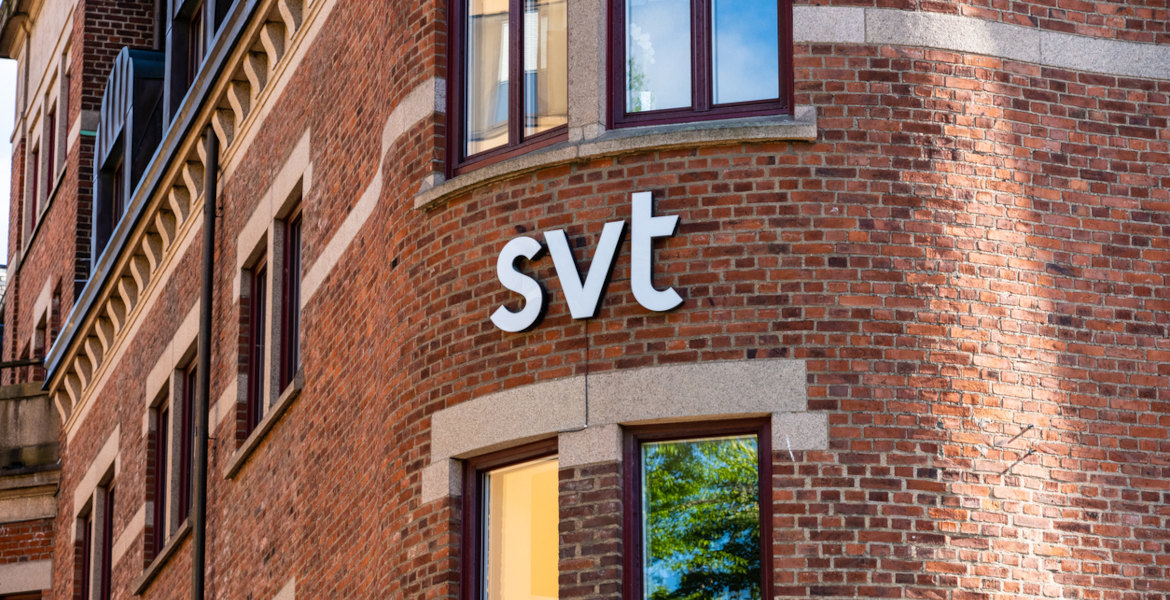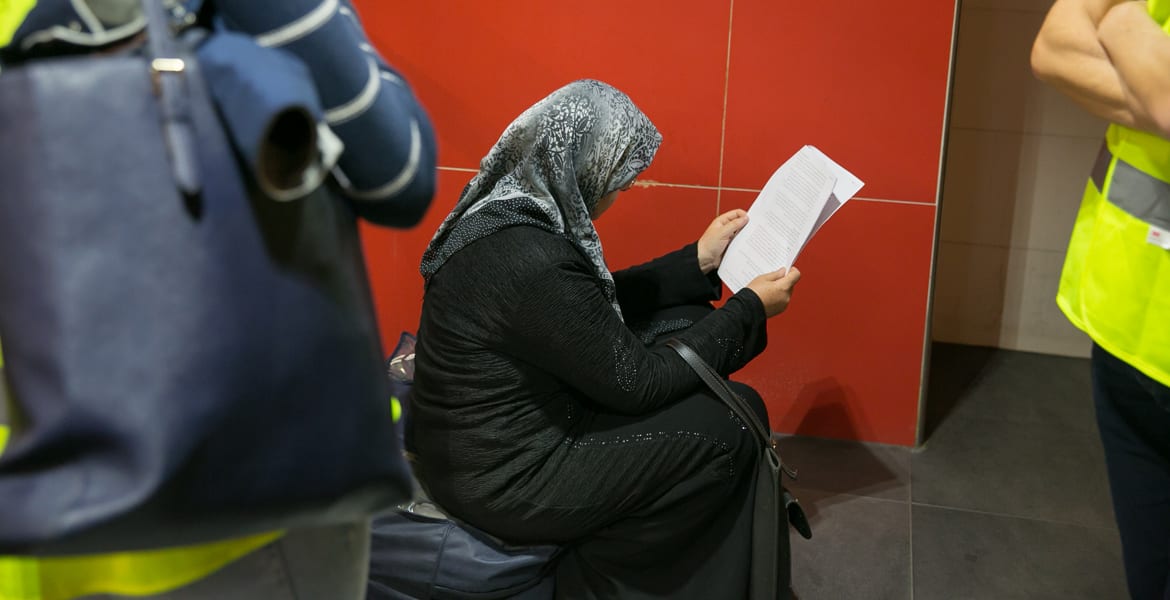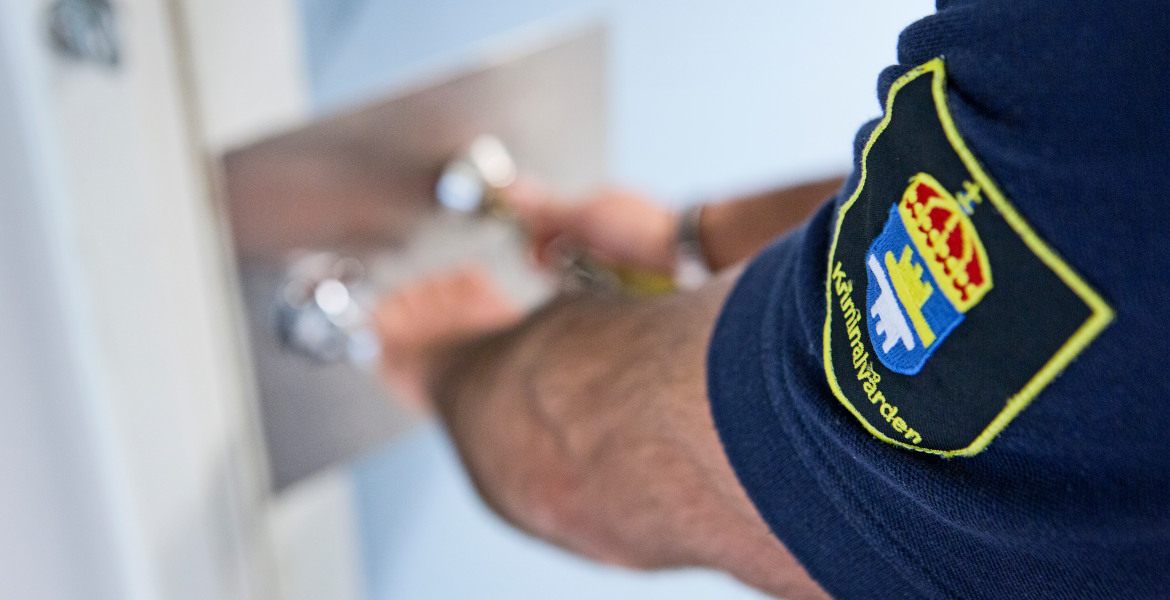Yesterday, Järvaveckan (The Järva Week) kicked off in north-west Stockholm. This year's main theme of the political festival is "Tomorrow's Sweden", which, according to the festival, is about "democracy, diversity and inclusion".
Järvaveckan was launched in 2016 by Somali Ahmed Abdirahman, with the aim of creating a "multicultural" alternative to the politicians' week in Almedalen on Gotland, with the goal of becoming "Sweden's most important meeting place for civic-minded people".
This year, the main theme is "Tomorrow's Sweden" and the website emphasizes that "diversity" and "inclusion" are two of the most important pillars of the event.
"On the main stage, certain socio-political issues are discussed, while we of course offer a wide range of other activities. What all the topics on the main stage have in common is that they are important for the whole of Sweden and in particular for the target groups in the country's excluded areas. The topics will mainly characterize the activities on the main stage and be discussed with leading representatives from politics, business, civil society and authorities", they write on their website.
"We strive for a society where everyone can participate and influence development - a society that inspires hope. What does Tomorrow's Sweden look like and how can you make a difference?" they go on to ask.
It can be noted that all Swedish parliamentary parties are represented and that all except the Sweden Democrats are represented by their respective party leaders. SD is instead represented by the parliamentary group leader Linda Lindberg.
New for this year is that there will be a film festival for children and young people, a mingle tent for seminar participants and a marketplace in the area.
"Järvaveckan is more important than ever. Where politics is most needed, participation in the political debate and in civil society is often at its lowest. We need a force that unites and unifies. That creates meeting places and spreads knowledge. That's why Järvaveckan exists", the organizers proclaim.
The main partners of Järvaveckan are Axel Johnsson AB and the fashion giant H&M, and the participating actors include the Arabic-language news site Alkompis, Clowns Without Borders, the Discrimination Ombudsman, the Islamic Ahmadiyya Congregation, Konstfack and the Swedish Agency for Psychological Defense.




